Flashpoints: A Collective Response is a stunning new exhibition of murals created by the Jewish Artists Initiative of Southern California (JAI) for the 2017 Jerusalem Biennale. JAI is an artist-run organization dedicated to visual art by Jewish artists and the promotion of a dialog about Jewish identity in the arts community. This collective spirit is especially evident in the collaborative project currently being undertaken for the Jerusalem Biennale.
With the theme of the Biennale being“Watershed,” a moment of important change, JAI decided a collaborative work based on the watershed of America’s highly visible political divide was the appropriate undertaking. Designed to raise a collective voice, this highly ambitious undertaking features five large-scale collaborative murals. Each mural focuses on watershed moments, particularly those which had a lasting effect on the world.
The mural teams were given these subjects: Civil Rights, Water, Nationalism, Human Rights, Political Polarization. The process follows the framework of the Surrealist parlor game, “Exquisite Corpse,” as a way to explore both the divisions in the U.S. today and the desire for unity. The game requires each participant to draw an image on a sheet of paper, fold it to conceal what they drew and pass it to the next player. Once unfolded, the drawings present a larger truth, a sum of the individual artistic parts. In the same fashion, each mural was created to tell a unique story of change and challenge.
According to JAI board member and mural curator Georgia Freeman-Harvey, “The decision to create a series of murals came about because we were trying to think how to position ourselves at the Biennale and what would make us stand out, what would be a challenge for us, and be something different than a collection of individual work. Looking at the Exquisite Corpse game structure with its surprise element and loose connection between each part was an inspiration,” she adds. “In the game, everyone hides what they have done and the next person takes over – you can get all sorts of wonderful combinations of things. Traditionally with the game, it’s a human figure, but we allowed each group to just explore their subject.”
The results are something special indeed, with art that is linked and lovely, mysterious and mythic.
Working with an outside juror, Emily Zaiden, a Los Angeles based curator from the Craft in America Center, teams were compiled, and mural curators selected: Ann Hromadka Greenwald and Georgia Freedman-Harvey, who then, along with the JAI executive committee, selected the mural themes and what each would encompass. Freedman-Harvey is an independent curator and the curator for the Platt/Borstein Galleries at American Jewish University; Hromadka Greenwald is a curator, educator, and founder of AMH Art Advisory, an LA based art consulting firm.
The Civil Rights mural includes images referencing the Civil Rights Act, Black Lives Matter, and Immigration; artists for this project are Elena Siff, Melinda Smith Altshuler, Judy Dekel, and Ellen Cantor. Artists working on the Water project, which features images of the California drought, and Israeli water rights include Randi Matushevitz, Cathy Weiss, Lorraine Bubar, and Karen Frimkess Wolff. The Nationalism mural, which references the changing understanding of nation-states, as well as Zionism, features the work of artists Avi Roth, Ruth Weisberg, Marisa Mandler, and Bill Aron; while the artists working on the Human Rights Mural, with references to Feminism, the global refugee crisis, and LGBTQ issues include Doni Silver Simons, Renee Amitai, Marleene Rubenstein, and Nancy Goodman Lawrence. The Political Polarization mural emphasizes images of the great recession and the 2016 elections, and includes the work of artists Susan Gesundheit, Jackie Nach, and Debra Sokolow.
Hromadka Greenwald and Freedman-Harvey will review the results of each team’s collaboration and help select the final images to be created for each. The group meetings allow the artists to create designs, sketches, and renderings for the final murals.
“When we submitted our proposal to the Biennale, we really talked about how to develop and understand what we thought were very important watershed moments within our own country. We gave the artists this chance to blend and mesh within their particular watershed moments, and let them stand out individually, but collectively present a stronger message about that watershed moment,” Freedman-Harvey relates.
When submitting samples of their work for consideration, the artists were asked to choose their first and second choice as to which mural group category they wanted to be a part of, as Freedman-Harvey explains. “We then had to really think about what art would work well together, and what topics made the most sense. We left it to the juror to look at the quality of pieces submitted. We felt it was important to use an outside person to do the final selection, and we ended up with five really strong teams.”
The mediums the artists are working in are varied. Some work in mixed media and collage, as well as traditional painting, solar plate etching, charcoal and spray paint, drawings and installations. The result: a diverse collection of artistic mediums and murals that transcend form.
“Within our exhibition space in Jerusalem, the murals will be presented as five large-scale pieces of art. Three are already being shipped, attached and ready to hang, two will be assembled by us on site,” Freedman-Harvey notes. “This is the 3rd Biennale, and our second time participating. This year there were 96 applications and 20 were selected from around the world – and we were one of them.”
Along with the funds JAI is providing to cover participation costs in the Biennale, a September fundraiser is planned to make the exhibition possible. JAI is also running a crowd-sourcing campaign on Jewcer.com.
“I think the pieces are more powerful because multiple people were addressing and interpreting each watershed moment, as opposed to there being five individual works. They each support and strengthen each other,” Freedman-Harvey says. “We are thrilled to be going back again. This biennale keeps growing in size and in its reach around the world.”
The Biennale runs from October 1st through November 16th. It’s dedicated to exploring the intersection of contemporary art with the world of Jewish content, and serves as a stage for professional artists who refer in their work to Jewish thought, spirit, tradition or experience. And above all else, toward a transcendent beauty such as that seen so powerfully here.
- Genie Davis; photos provided by JAI
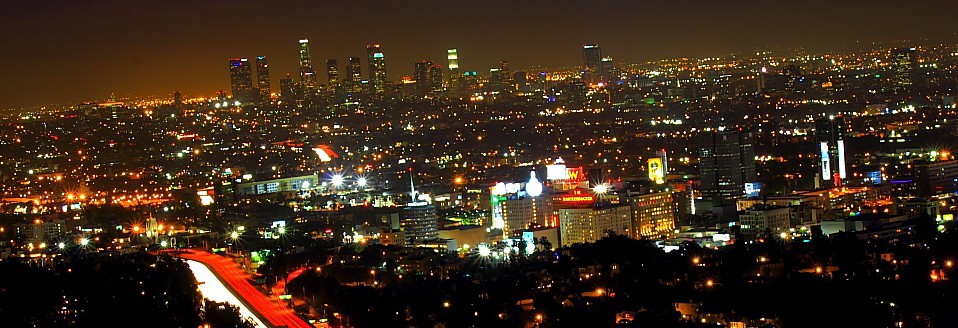
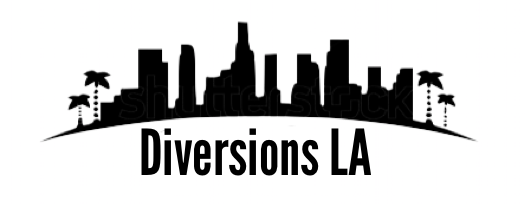
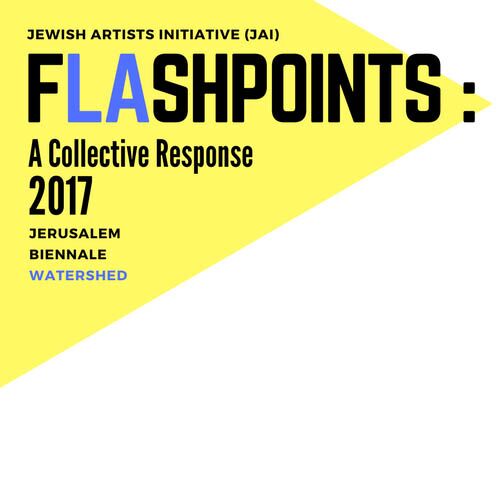
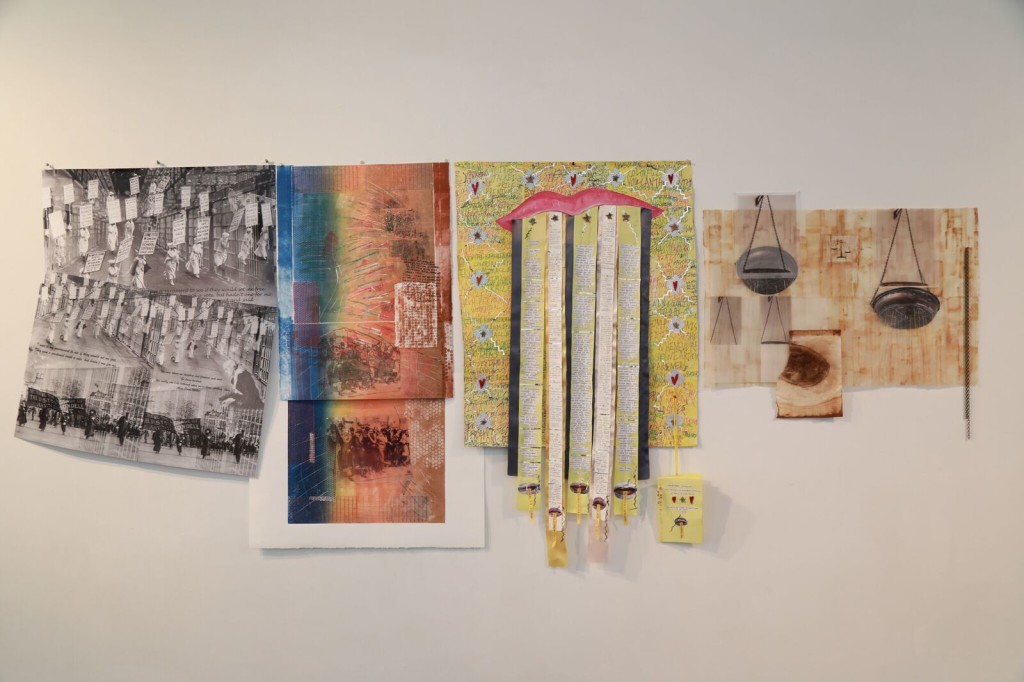
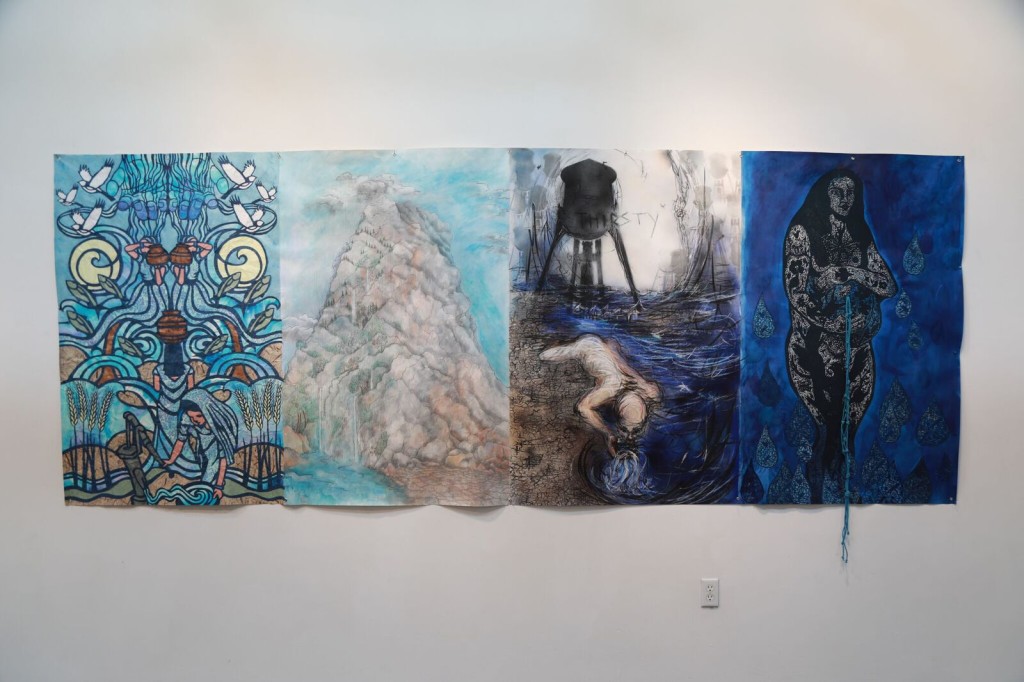
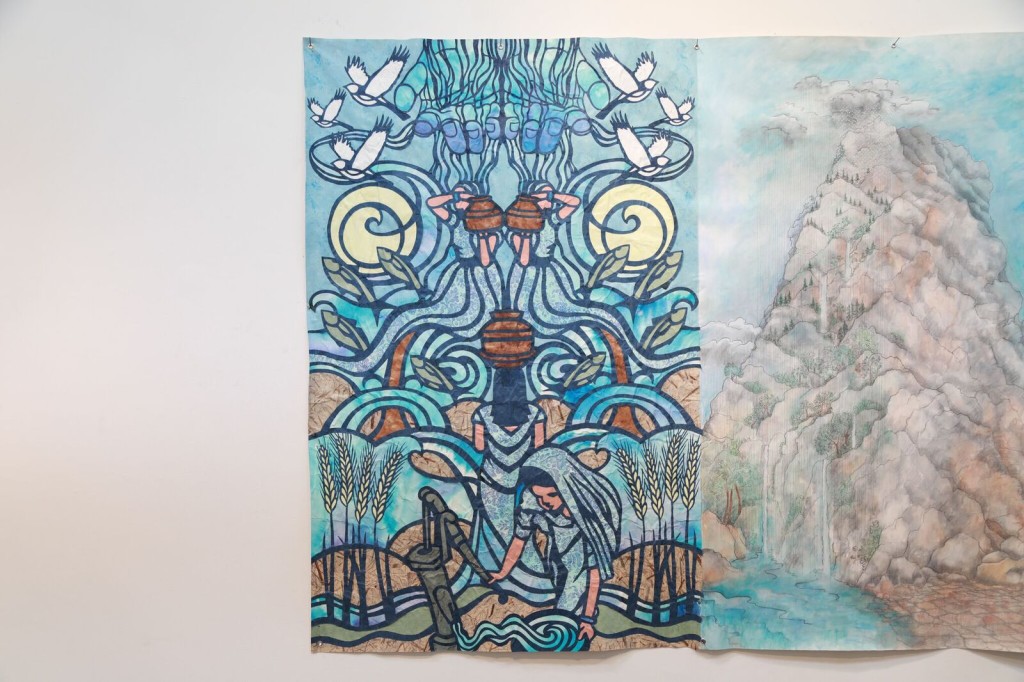

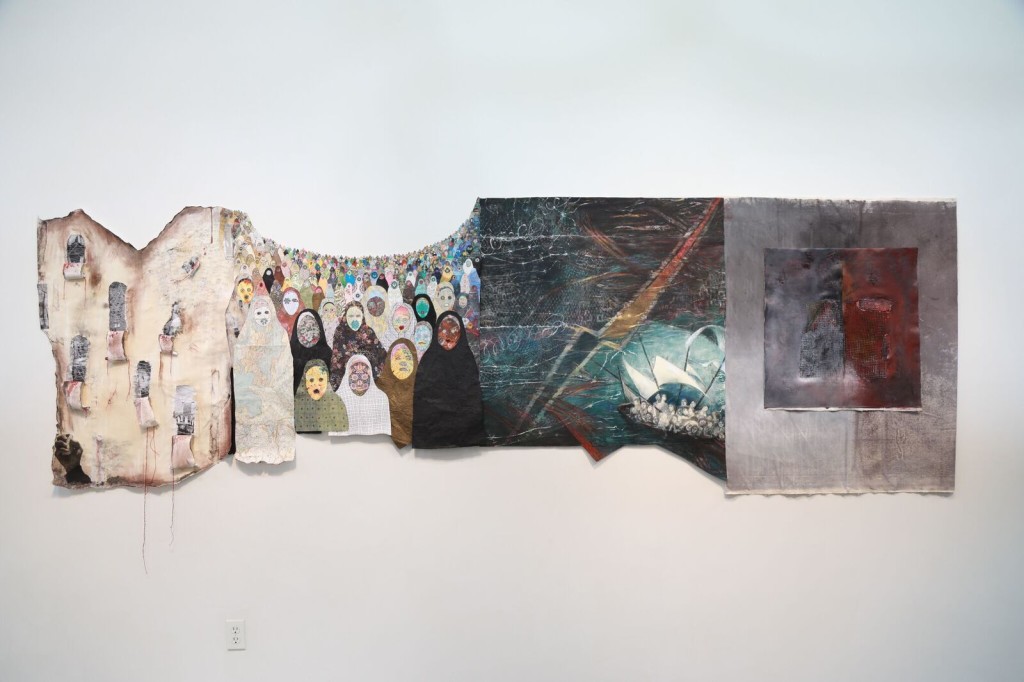
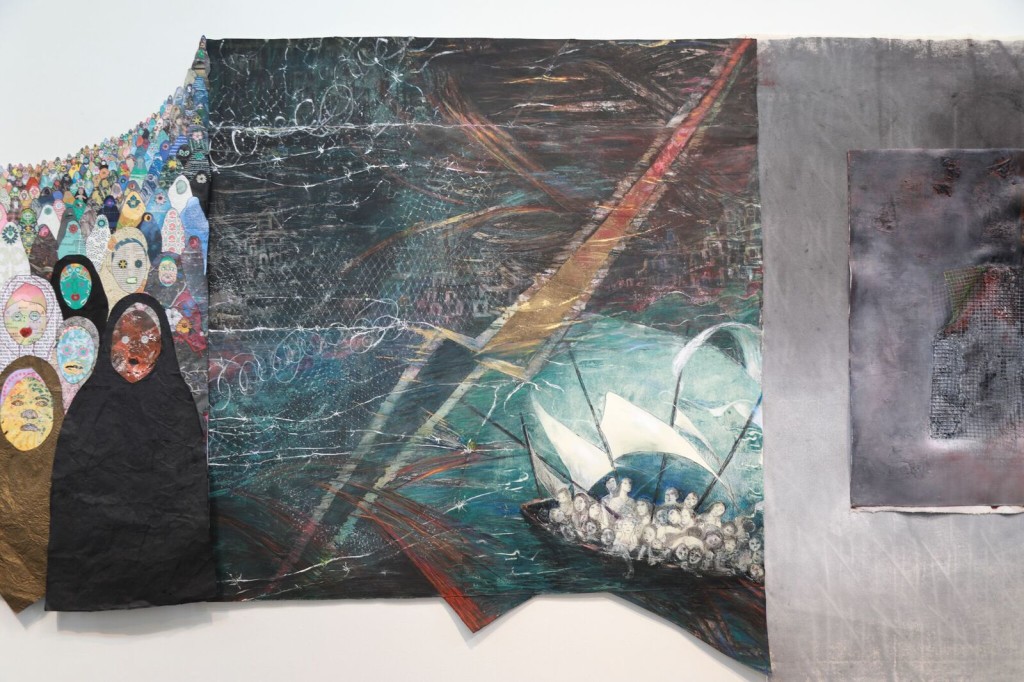
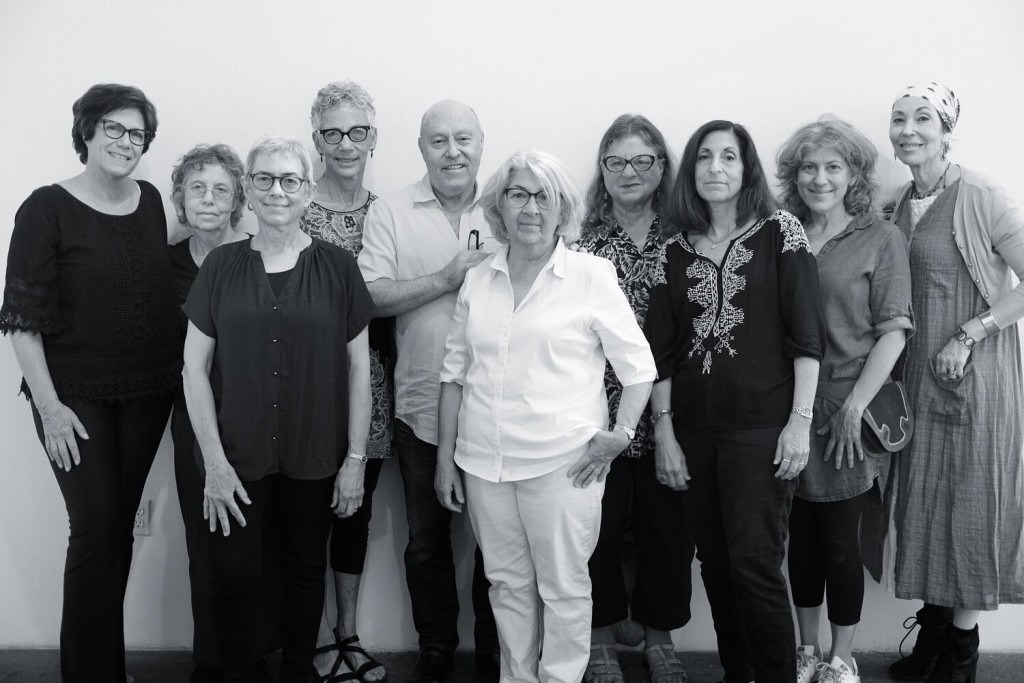
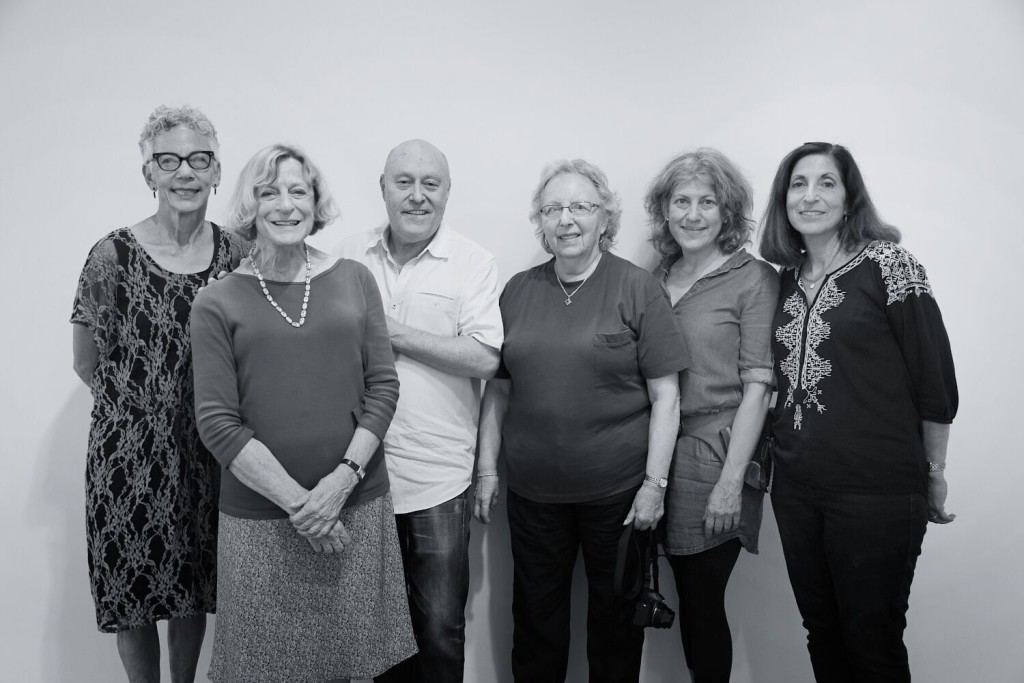
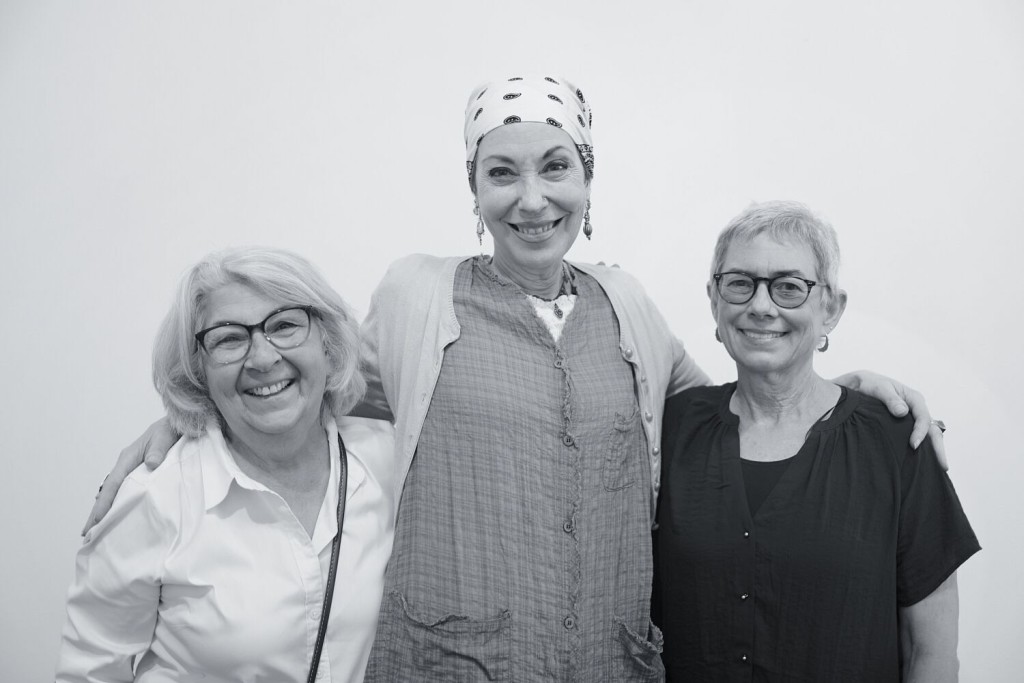
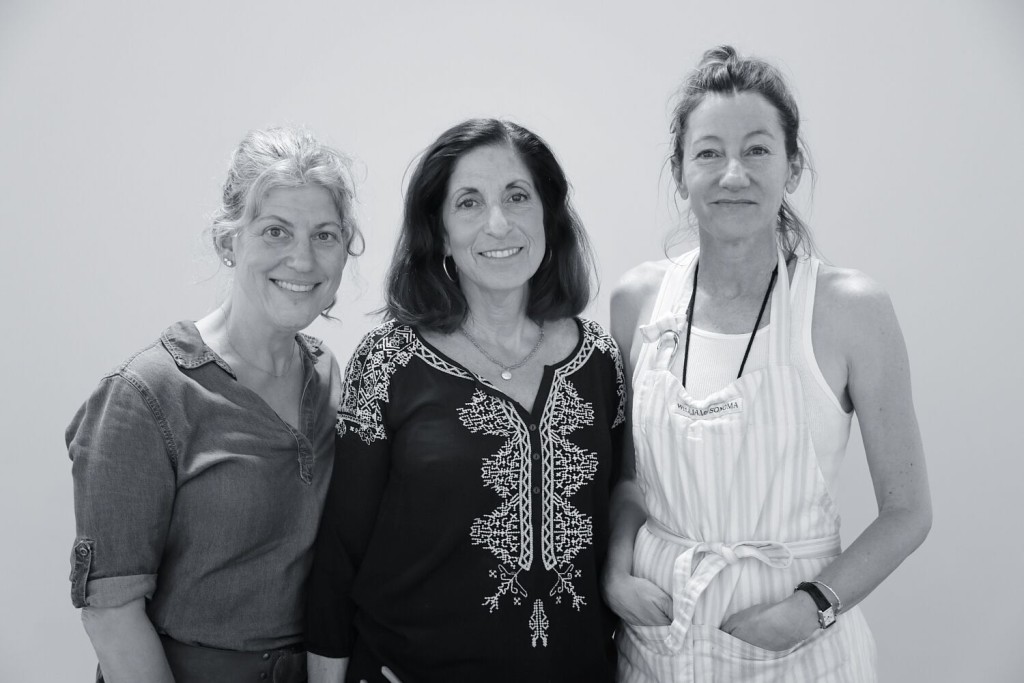
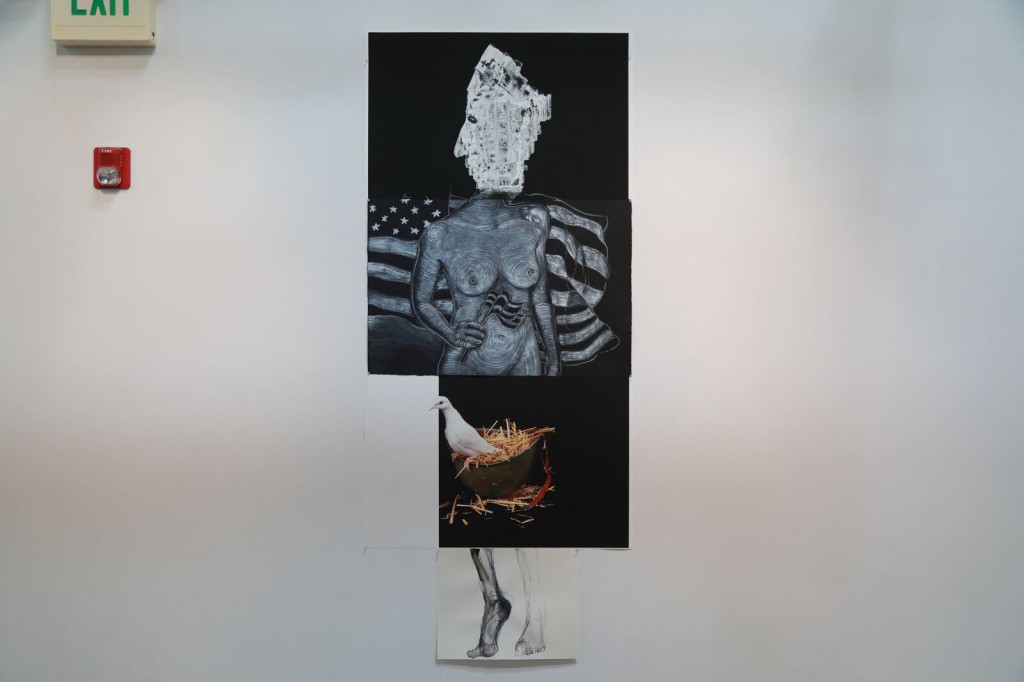
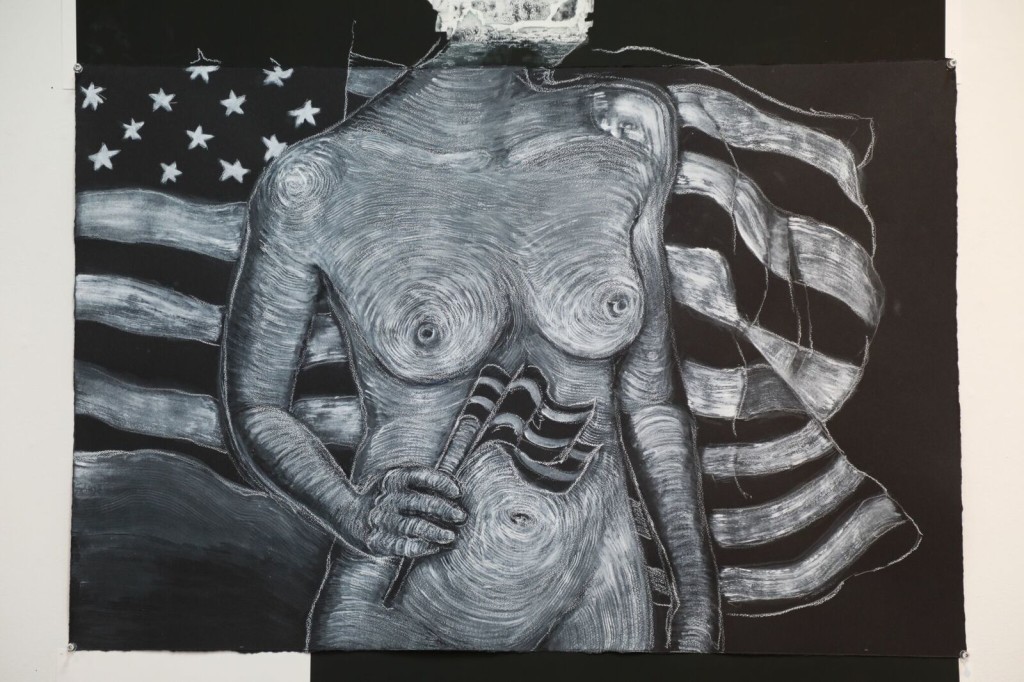
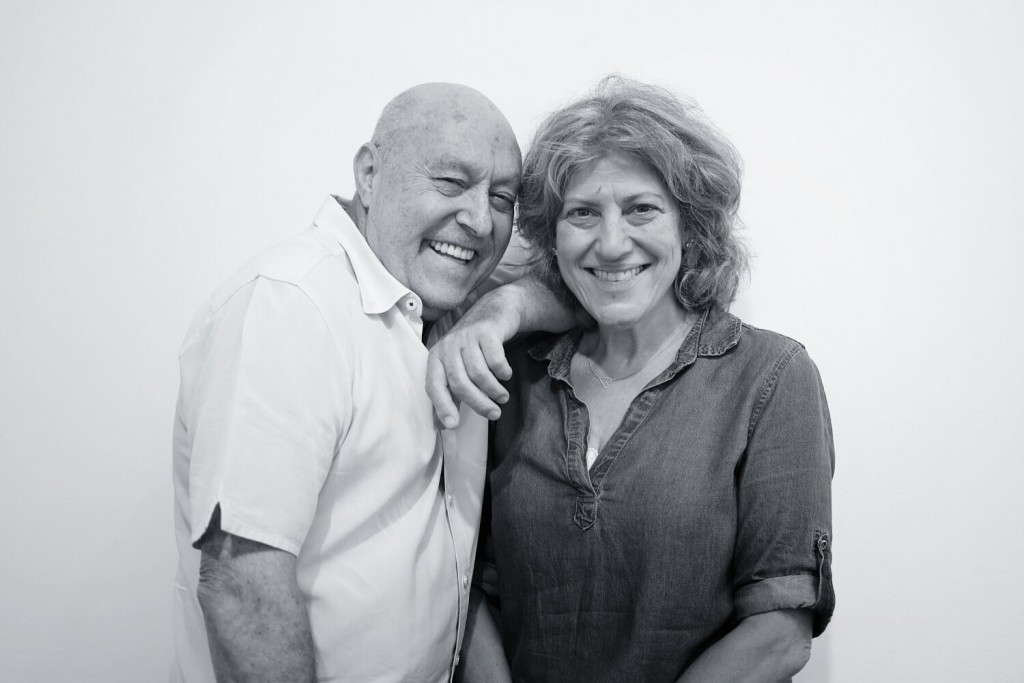
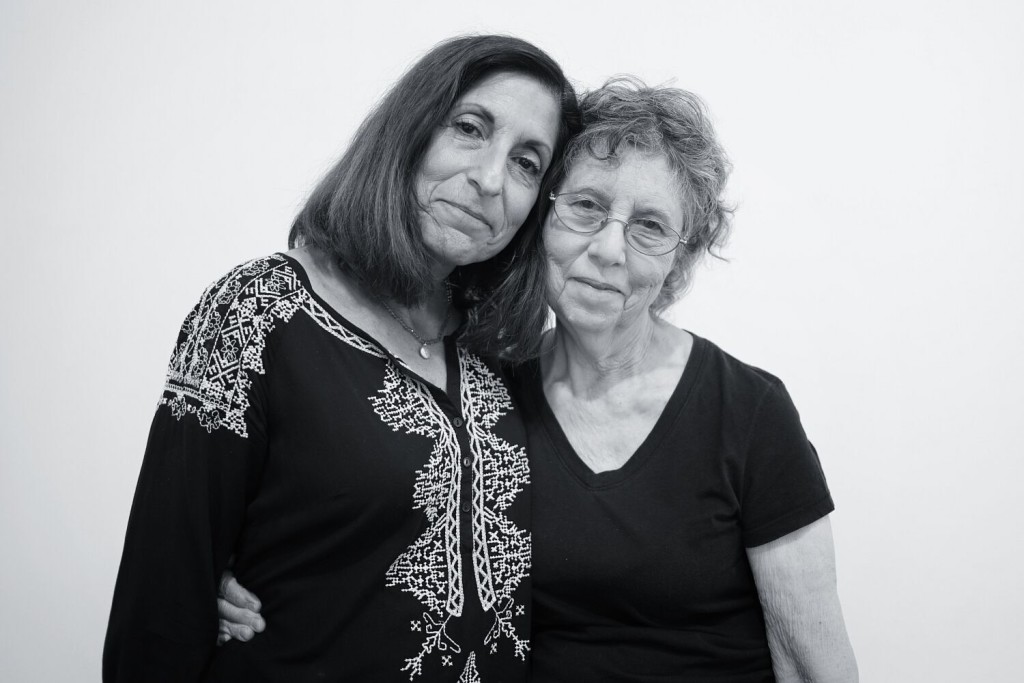
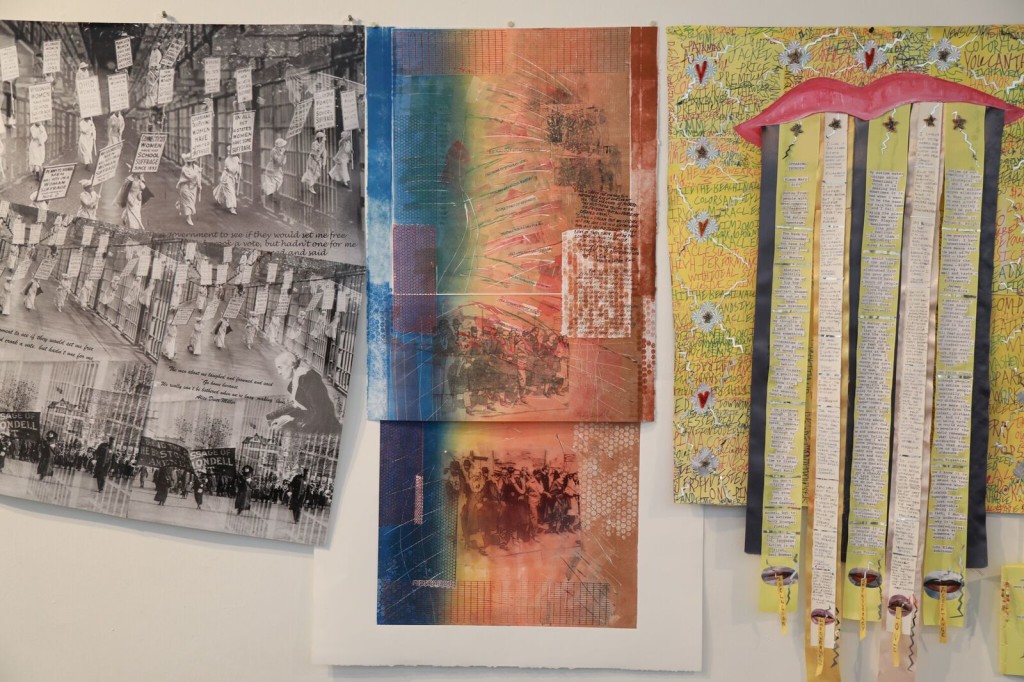
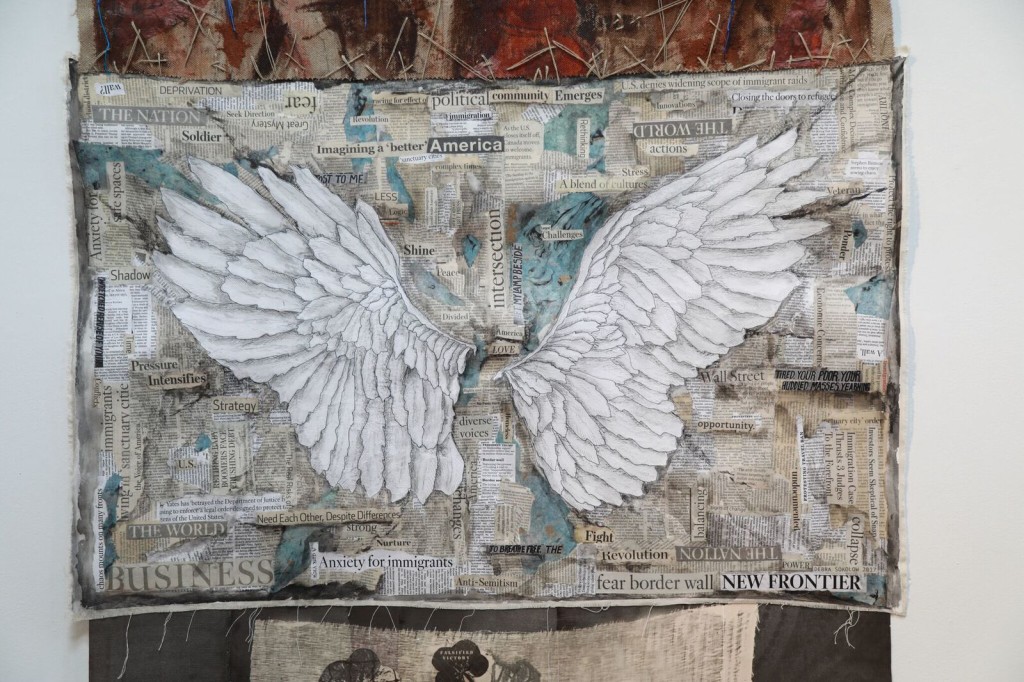
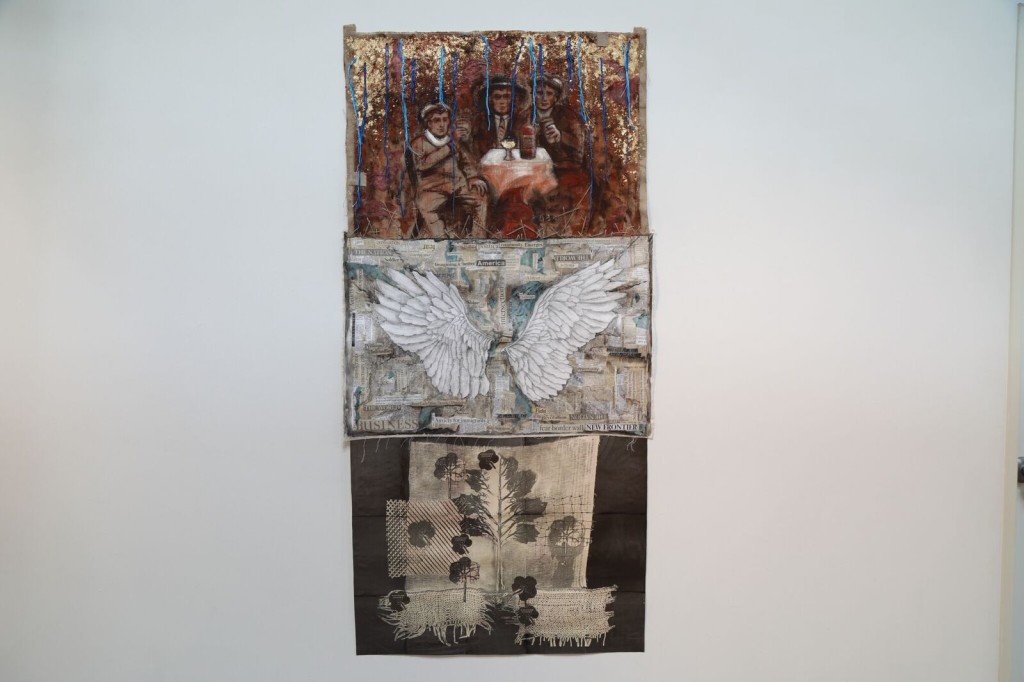
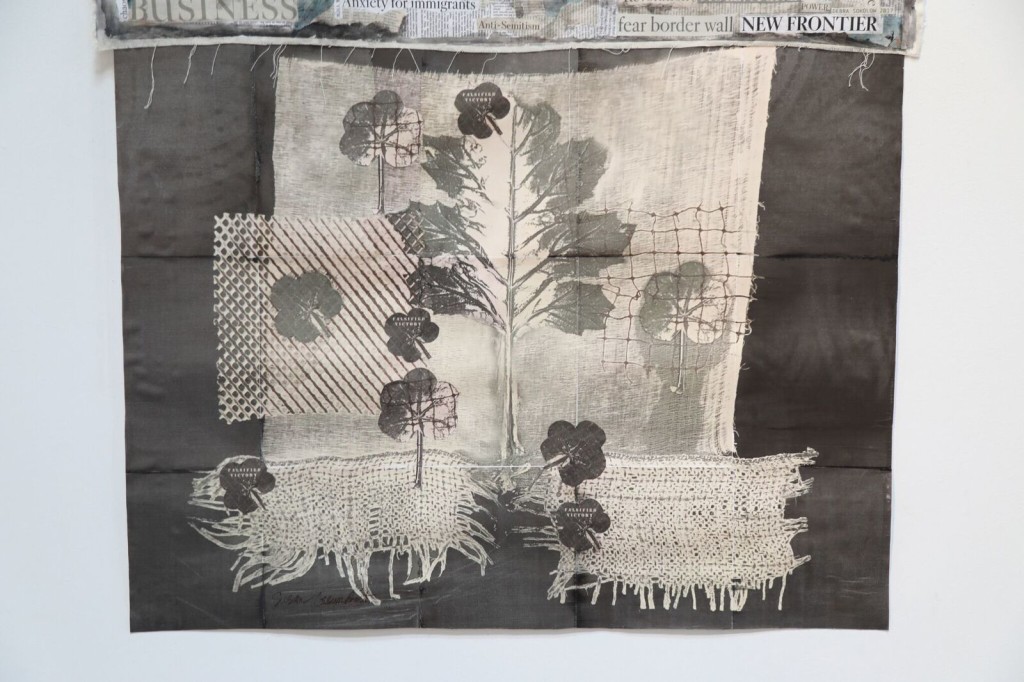
The work looks pretty great. Hope I get to see it in LA sometime!